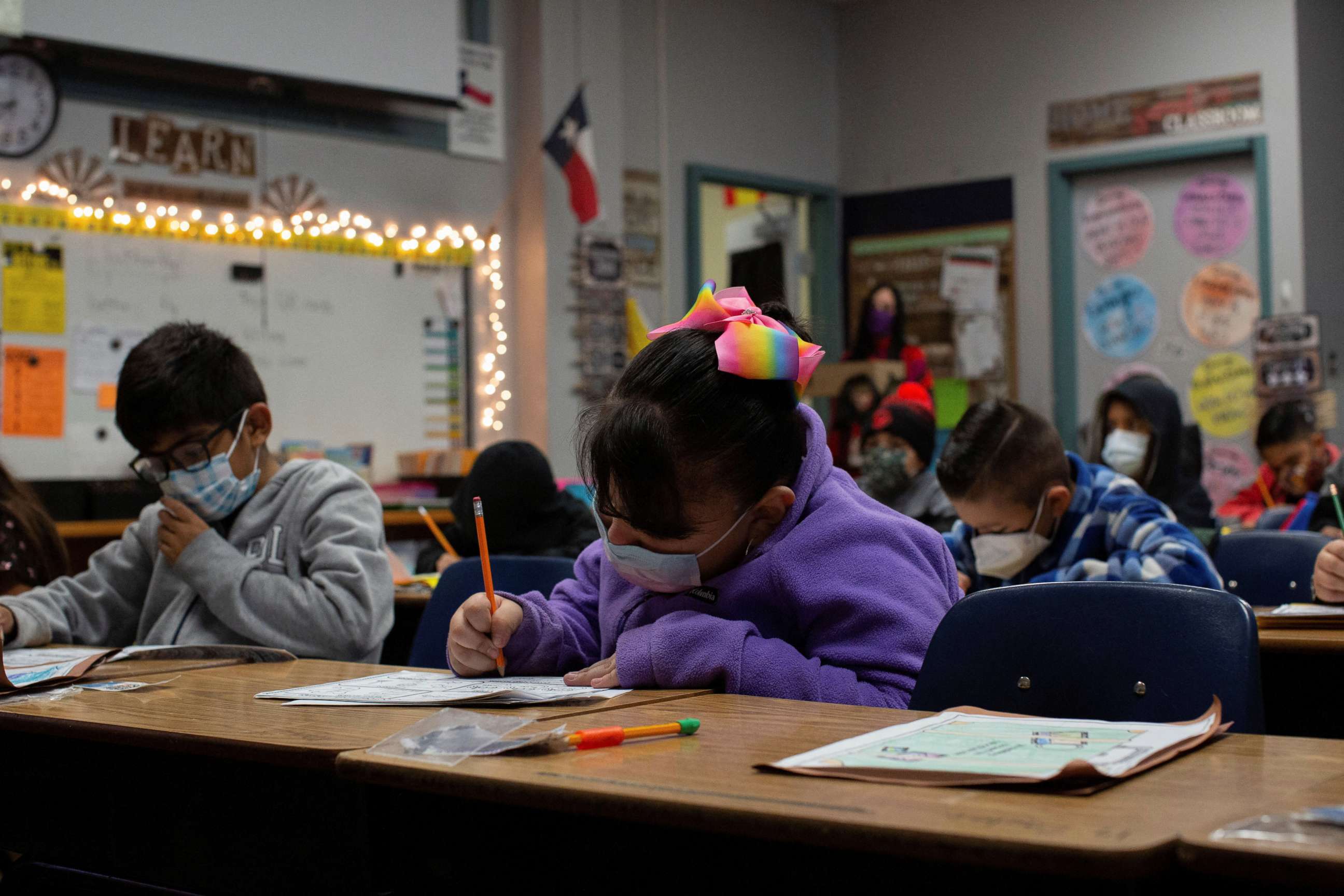Scale of education lost 'nearly insurmountable,' UNICEF warns
More than 635 million students around the world remain affected by full or partial school closures due to the coronavirus pandemic, according to the United Nations International Children's Emergency Fund (UNICEF), which described the scale of education lost as "nearly insurmountable."
"In March, we will mark two years of COVID-19-related disruptions to global education. Quite simply, we are looking at a nearly insurmountable scale of loss to children’s schooling," Robert Jenkins, UNICEF chief of education, said in a statement Monday. "While the disruptions to learning must end, just reopening schools is not enough. Students need intensive support to recover lost education. Schools must also go beyond places of learning to rebuild children’s mental and physical health, social development and nutrition."
As Monday marks the International Day of Education, UNICEF warned that many schoolchildren, especially the younger and more marginalized, have lost basic numeracy and literacy skills since the start of the pandemic in March 2020. In low- and middle-income countries, learning losses to school closures have left up to 70% of 10-year-olds unable to read or understand a simple text, up from 53% prior to the pandemic, according to UNICEF.

In Ethiopia, primary school children are estimated to have learned between 30% to 40% of the math they would have acquired if it had been a normal school year, UNICEF said.
In South Africa, schoolchildren are between 75% and a full school year behind where they should be. Some 400,000 to 500,000 students reportedly dropped out of school altogether between March 2020 and July 2021, according to UNICEF.
Across Brazil, one in 10 students aged 10 to 15 reported they are not planning to return to classrooms once schools reopen. In several Brazilian states, around three in four children in second grade are off-track in reading, up from one in two children prior to the pandemic, UNICEF said.
Meanwhile, learning losses have also been observed across the United States. In Texas, for example, two-thirds of children in third grade tested below their grade level in math in 2021, compared to half of children in 2019, according to UNICEF.



